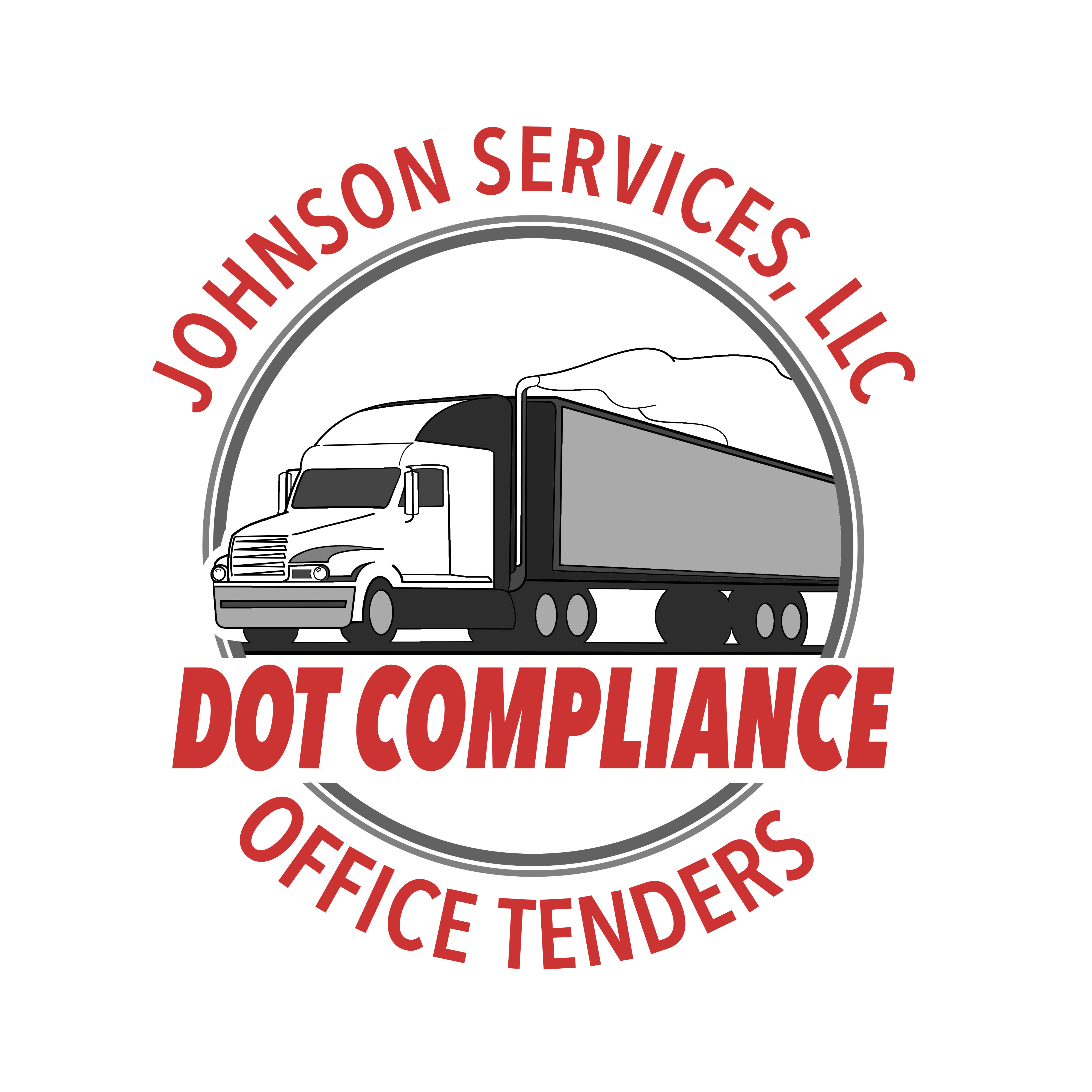The trucking industry, from truck drivers up to enforcement agencies, must constantly wade through various changes in FMCSA regulations, and hours-of-service (HOS) are among the most confusing of these. Keeping track of current rules and requirements is a challenge, but necessary. Each revision can have a huge impact on the trucking industry, and the latest ruling regarding HOS is no different.
Following Hours-of-Service Requirement Changes
The latest FMCSA revision to the HOS requirements is meant to relax restart regulations for truck drivers. Signed into effect on December 16th, it suspends the previous requirements for the 70 hour work week limit with one restart per week. Previously, drivers were required to include two nights off in a row between the hours of 1 a.m. and 5 a.m. prior to returning to the road.
The restart provisions were originally added in 2013 to increase highway safety by preventing driver fatigue, and were not well received by the trucking industry. Truck drivers argued against the rule because it made them stay on the roads during the high traffic times, as opposed to driving at night when there are fewer vehicles on the road and less traffic delays. The restrictions were shown to seriously impact both driver productivity and shipping rates, with a long reaching ripple effect.
Under this month’s change, truck drivers can restart their clocks after any 34 hours off duty, as opposed to only after 168 hours past the beginning of the last restart. The 34 hour break does not need to include the two periods between 1 and 5. This is expected to stay the same until September 30, 2015.
Truck Driver Log Books Affected by HOS Change
For most trucking companies and truck drivers, this is good news. Driving time is still restricted to the 11 hours, and 30 minute break times every 8 hours of on duty time still apply. But drivers can have a little more flexibility when planning restart times and can now restart more than once a week. However, the new HOS change presents a driver log book difficulty for many.
This is especially true for those that are using the electronic log book systems. The systems themselves will need to be updated, and this is expected to take up to a month to complete. Even without electronic log books, drivers have to be retrained to properly fill out their daily log books and correctly record HOS. And trucking companies or log book auditors have to adapt as well.
Roadside Inspections Affected by HOS Change
Paperwork across the trucking industry must be adapted for the latest HOS revision. Just like truck drivers have to be retrained, so do those responsible for roadside inspections. Roadside inspection software and reporting documentation has to be changed, and confusion is fully expected. While everyone gets on the same page, truck drivers are faced with potentially unwarranted violations or citations. Although these can be contested and dismissed, it is still a hassle for all involved.
FMCSA Studies Truck Driver Fatigue & Highway Safety
As part of the relaxing of HOS regulations, the FMCSA will be conducting studies over the next year. They will compare work schedules and driver fatigue to try to determine whether or not the restart rules have an impact. Work schedules and crashes/near crashes will also be compared. The goal is, of course, increased highway safety for all, but without undue complications or productivity loss to the trucking industry. It’s a fine line to walk, and has both the public and the trucking industry paying close attention.
Driver Log Book Auditing from Office Tenders Can Help!
Having Office Tenders audit your truck drivers’ log books can not only help you to prepare for a DOT audit, but save you and your drivers time. As we go through each log book, we watch for unnecessary things that drivers are reporting. Office Tenders also looks for hours-of-service violations and reporting errors. Ready to make your job easier with Office Tenders’ DOT paperwork services?

